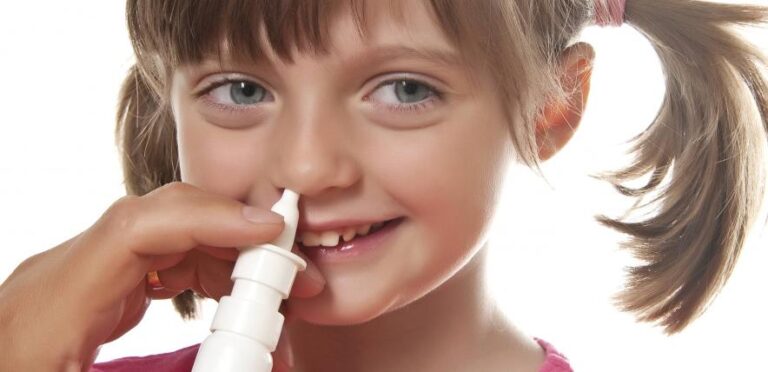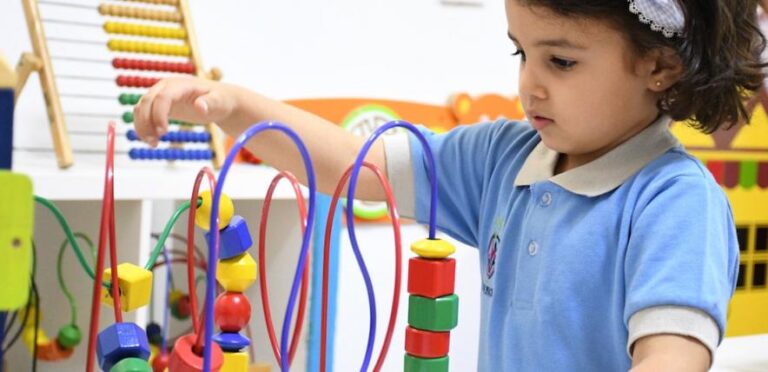Every winter sees various illnesses spread rapidly through families and communities and non more so than this winter.
In addition to Covid-19 cases, the NHS is seeing coughs, colds, respiratory illnesses, Strep A, scarlet fever and flu.
The flu vaccine is widely available and this winter the Department for Health and Social Care (DHSC) and UK Health Security Agency (UKHSA) are urging anyone eligible to take up the free flu vaccine being offered as take-up so far is very low.
Rates are currently behind last season for pre-schoolers (12.1% in all 2 year olds and 12.8% in all 3 year olds), pregnant women (12.4%) and under 65s in a clinical risk group (18.2%).
Parents and carers should therefore book their child a flu vaccine if they are eligible.
The agencies say getting vaccinated against the flu virus offers the best protection; not only does it protect us as individuals but also those around us and limits the disruption to pupils’ education.
What is flu?
Flu is caused by a virus caused influenza. It can be an unpleasant illness for a toddler, just as it is for an adult.
Fever, chills, aches and pains, sore throat and blocked up nose are just some of the symptoms that can make your child tired, irritable and miserable for days.
Flu can also lead to serious complications such as bronchitis and even pneumonia which need hospital treatment, so GPs will advise you to protect your child and get them vaccinated.
Who is eligible to get the vaccine?
The flu jab is available to all children in the UK who are aged two and three on August 31 of any given year.
Younger children may also be vaccinated if they are at a particularly high risk of catching flu for example, if they have a long-term health condition.
The vaccination is also given to children in reception class, and all the way through primary school.
Doctors advise that all children with long-term health conditions, such as diabetes, hear or lung disease or asthma, should be vaccinated because coming down with flu can be extremely serious and lead to complications.
You should expect your GP or school setting to contact you about vaccinations without you having to ask.
But if no one has contacted you, try to contact your GP or go online to book one.
Is the flu vaccine safe?
The flu vaccine for children in the UK has a good safety record, and has helped to stop the disease spreading to families and their local communities.
Vaccinating children helps keep others safe – such as younger siblings, grandparents, pregnant mums and people who have long-term serious illness.
Unlike the adult vaccine, the children’s ‘jab’ takes the form of a nasal spray – a single squirt up each nostril.
This removes the stress and pain of a needle, but it is also quick and, experts believe, more effective than an injection.
Taken nasally, the vaccine is quickly absorbed and will work even if your child sneezes or blows their nose straight after.
The type of vaccine your child is given will differ every year because the main flu viruses change. It contains live, but weak flu viruses that won’t cause your children to be ill but will help them to built up immunity.
Toddlers and children up to the age of four will be given the vaccination at their GP surgery, usually by a practice nurse.
Slightly older children will have it administered at primary school.
Parents who home-educate their children can still get them vaccinated, if they are of the appropriate age, and should seek advice from their surgery.
The nurse or doctor will usually advise you to delay the vaccination if your child is poorly with a runny or blocked nose, as this might stop it from being effective. Once she is recovered it will be safe to have the vaccine.
For some children the nasal vaccine is not suitable because they have other health issues.
Youngsters won’t be given the nasal vaccine if they are severely allergic to eggs, have severe asthma, a weakened immune system – for example, if they’re having chemotherapy – or an allergy to any of the ingredients contained in the vaccine.
In these cases, your doctor may advise you to have the injectable vaccine instead.
As with all medicines, having the flue vaccine may cause side effects. The most common ones are runny or blocked nose, headache, tiredness or loss of appetite. In extreme cases, a child may suffer a severe reaction called anaphylaxis, which can be treated with adrenaline. The doctor or nurse administering the vaccine will be trained to spot any adverse reactions.
If you haven’t been offered it yet and want it, then call your GP to discuss getting your child vaccinated.
Or visit the NHS website to find out more about booking.
This article was updated and edited in December 2022.
It was first written by Dorothy Lepkowska for the Early Years Alliance and first posted in November 2017.
This article is for information purposes and should not be used to diagnose you or your family. If you have concerns about the health of anyone in your family always consult a medical professional.







